- 30 Posts
- 309 Comments
Joined 1 year ago
Cake day: June 10th, 2024
You are not logged in. If you use a Fediverse account that is able to follow users, you can follow this user.
i don’t get the “manipulate” one?
nice pic though!
one of the memes of all time :)

 1·9 days ago
1·9 days agowhat about the real, non-rational numbers?

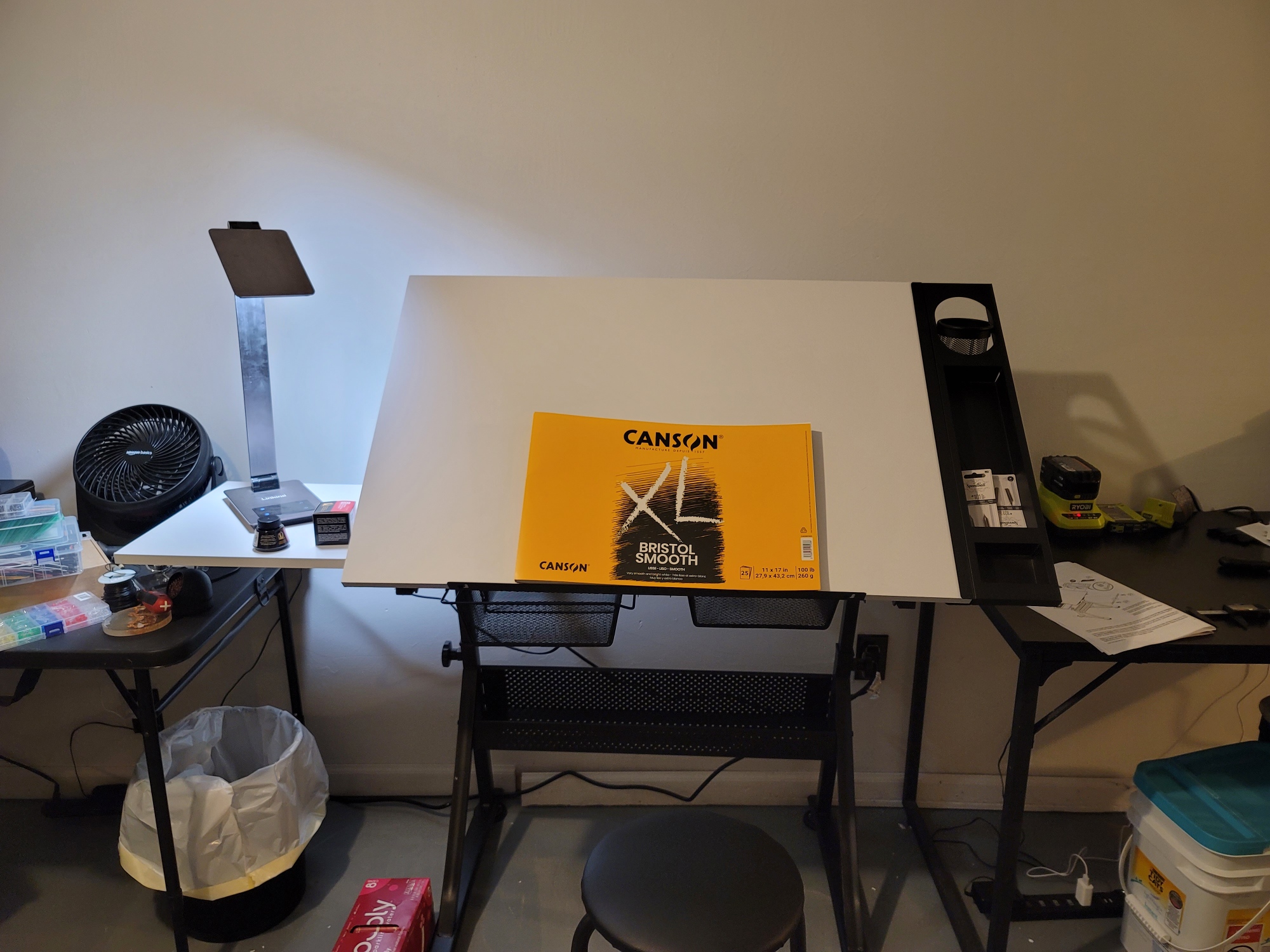 3·11 days ago
3·11 days agonarrator: it did

 7·11 days ago
7·11 days agoyou forgot “study abstract math and write papers about it” :P
damn i just checked her tiktok and she’s soo cool 😍

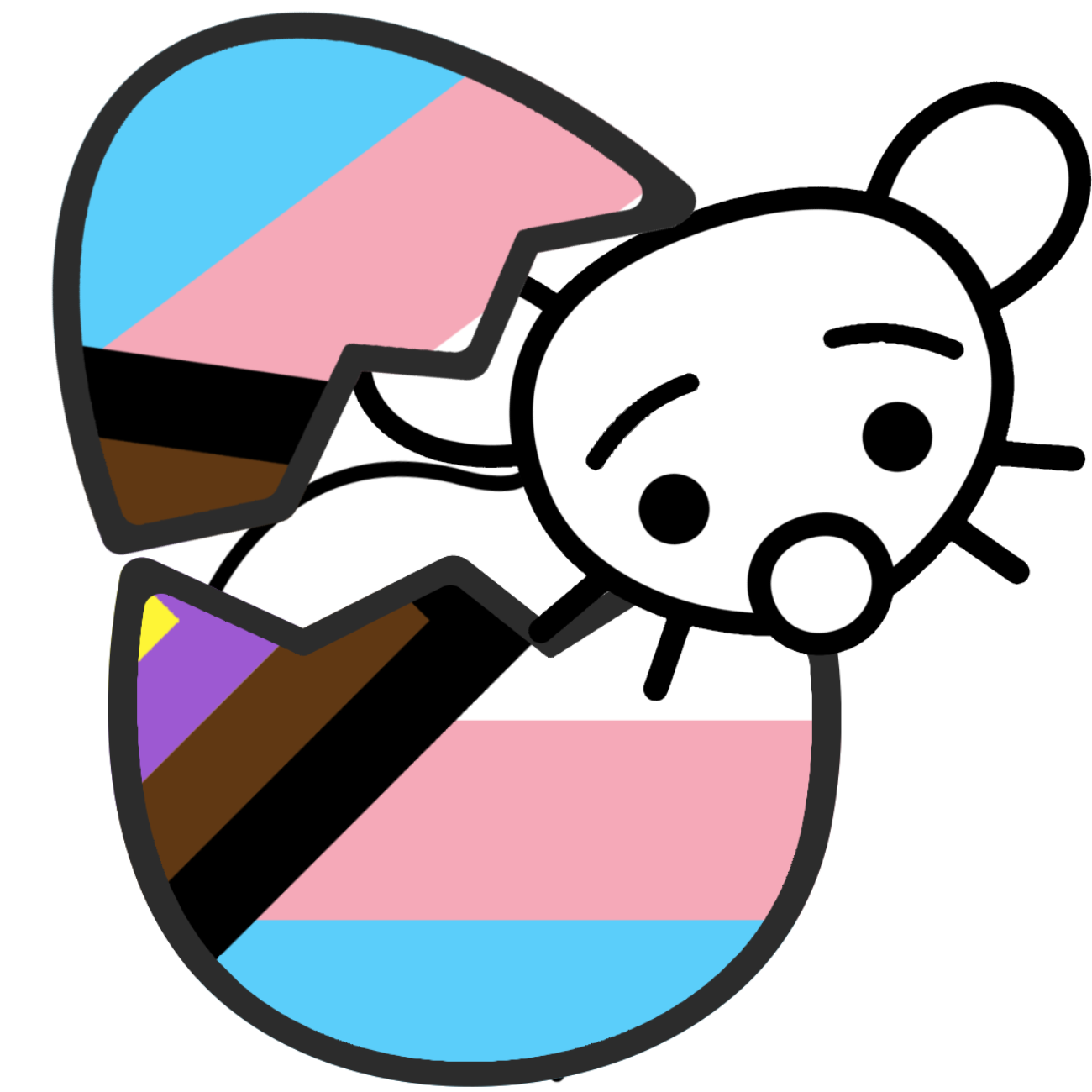 7·12 days ago
7·12 days agoi can confirm! it goes to my chin now :3
We were all animals in our previous lifes.
Then the humans came, cut down the forests and stole our land.
That is why we’re reborn as humans today.
You opened this can of worms, you’re gonna go fishing.
nice one, i gotta remember that one!
no, sex is complex, sometimes purely imaginary.
you know what i have been contemplating: ass-worms might do the job?
gosh i wish i had hair like that!

 11·15 days ago
11·15 days ago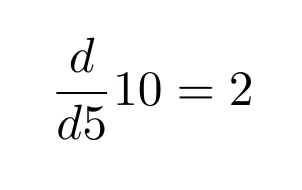

 6·15 days ago
6·15 days ago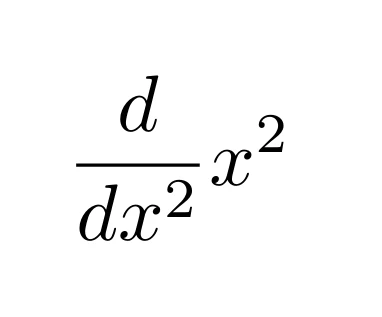

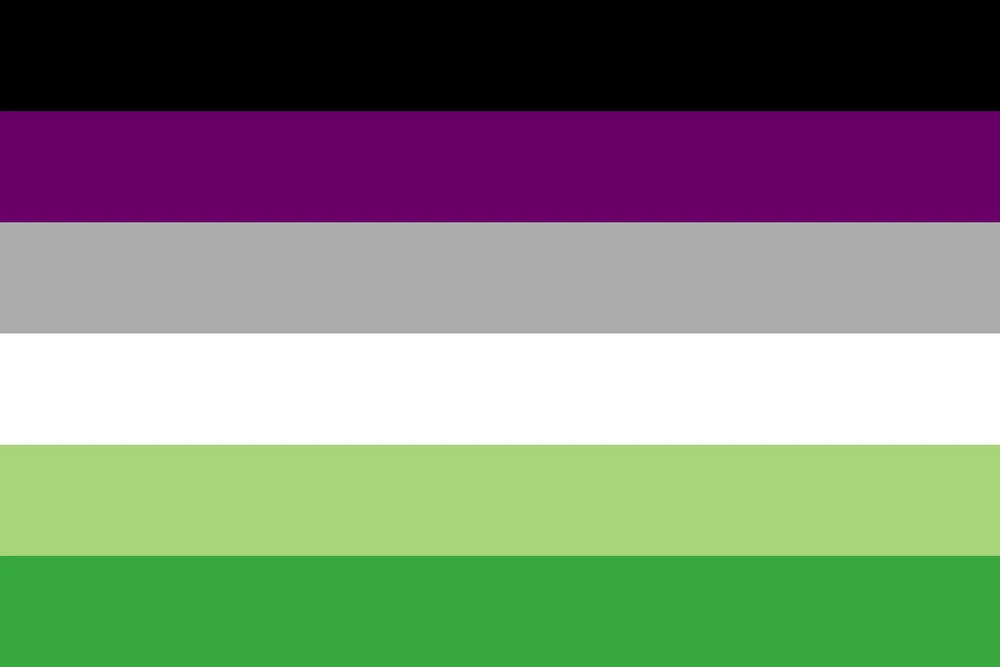 2·15 days ago
2·15 days agoi tend to feel similar








“save the traditional nuclear family” my ass
if i had the chance to flee home as a teenager and live somewhere else, i absolutely would have done. even if it meant living among strangers.